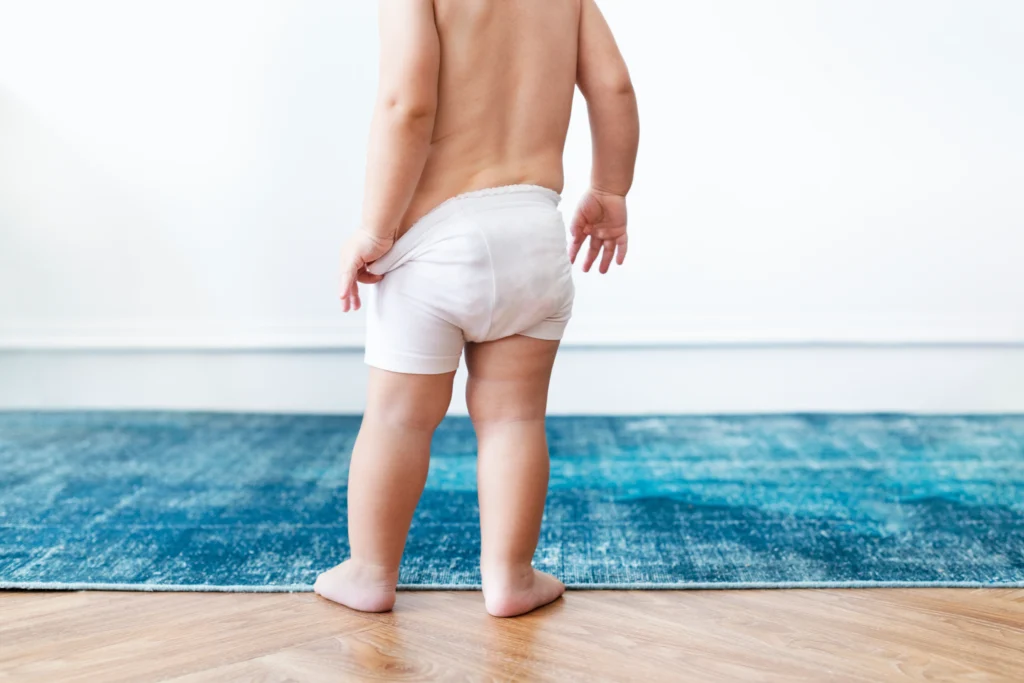Incontinence in Pune
Children that suffer from involuntary pee leakage are said to have childhood incontinence, also known as pediatric urinary incontinence. It might show up as bedwetting (nocturnal enuresis), daytime wetting (diurnal enuresis), or a combination of the two. While sporadic accidents are normal in early childhood development, incontinence that persists or recurs after age five may be a sign of a more serious problem that needs to be evaluated and treated.

A number of factors, such as the following, can cause incontinence in children:
Developmental Factors: At different ages, children reach developmental milestones in bladder control.
Genetics: A child’s chance of developing comparable problems is raised by a family history of incontinence or bedwetting.
Bladder Dysfunction: Incontinence can result from abnormal bladder function, which can be caused by a condition, including an overactive or underactive bladder.
Constipation: Prolonged constipation can strain the bladder and increase the risk of urinating unintentionally.
Urinary Tract Infections (UTIs): Urinary tract infections can result in frequent and intense urination, which can cause incontinence.
Structural Abnormalities: Abnormalities of the spinal cord or problems with the urinary system anatomy can impact the regulation of the bladder.
Psychological Factors: Stressful life events, anxiety, or emotional difficulties can occasionally cause incontinence. Parents and other caregivers must tackle incontinence in children with empathy and compassion. For an appropriate assessment and management, there must be open communication between the kid and the medical staff. Treatment choices could include the following, depending on the underlying cause
Behavioral Strategies: You can enhance your bladder control by using timed voiding routines, bladder training exercises, and fluid management approaches.
Lifestyle Modifications: Eating a higher-fiber diet can help encourage regular bowel movements and reduce caffeine intake.
Bedwetting Alarms: These gadgets help teach a child’s bladder to wake up when it’s full by alerting them when they start to pee the bed.
Medication: Medication may occasionally be recommended to treat underlying medical issues causing incontinence or to control the symptoms of an overactive bladder.Pelvic floor therapy and biofeedback are methods that use specific exercises and feedback systems to help manage the bladder and pelvic muscles.
Taking Care of Emotional Needs: Children who are suffering stress or emotional difficulties that are causing them to lose urine may benefit from counseling or therapy.
A pediatrician or pediatric urologist should be consulted for an accurate assessment and customized care of incontinence in children. Many youngsters can gain improved bladder control and have happy, self-assured lives with the correct support and assistance.

